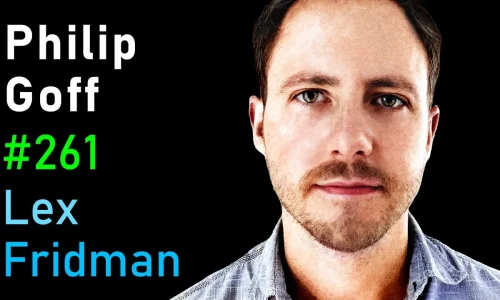See all Lex Fridman transcripts on Youtube

Philip Goff: Consciousness, Panpsychism, and the Philosophy of Mind | Lex Fridman Podcast #261
2 hours 46 minutes 30 seconds
🇬🇧 English

Omnivision Solutions Ltd
- Getting Started
- Create Transcript
- Pricing
- FAQs
- Recent Transcriptions
- Roadmap